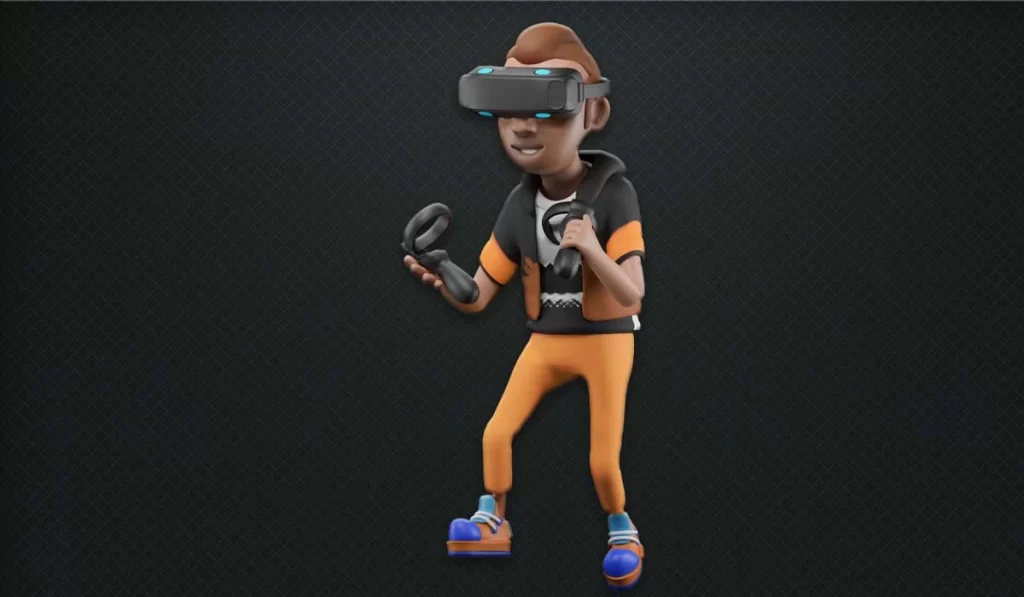
Imagine a boundless digital universe where virtual worlds blend seamlessly with the physical realm, where you can socialize, work, play, and create without physical limitations. That’s the Metaverse. It is a rapidly emerging concept reshaping our understanding of online interactions and experiences. Here, we will delve into the Metaverse, its components, potential applications, and the profound impact it could have on various aspects of our lives.
What is the Metaverse?
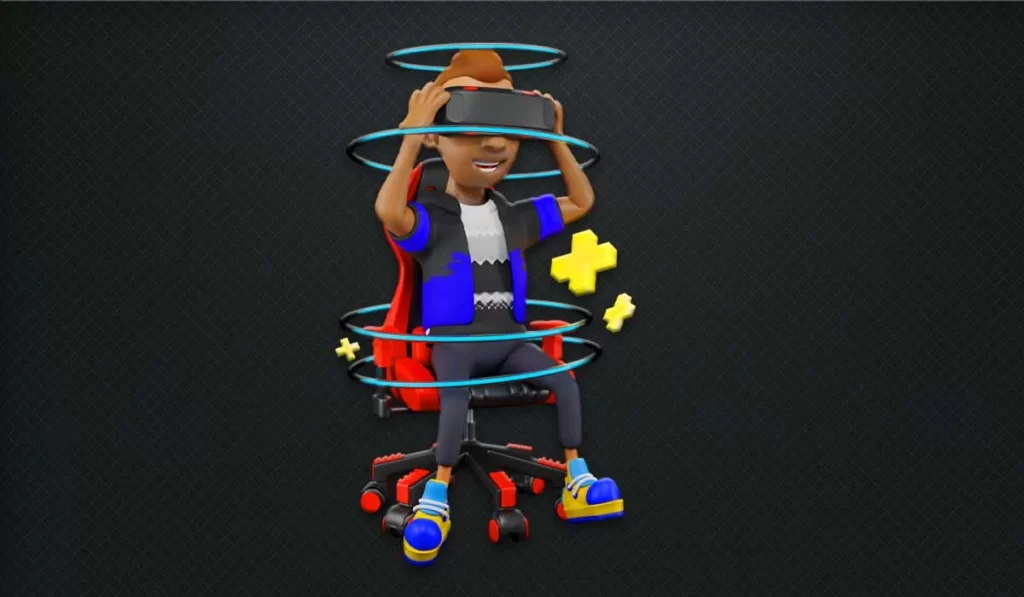
The Metaverse is an interconnected network of virtual worlds, augmented reality spaces, and immersive experiences that form a shared digital universe. It goes beyond traditional virtual reality and online platforms by creating a persistent, shared, and user-driven space that allows seamless movement between various virtual environments.
In the Metaverse, users can transcend geographical boundaries and explore an ever-expanding tapestry of digital landscapes. Whether stepping into a futuristic sci-fi cityscape, attending a live concert in a virtual stadium, or collaborating with colleagues in a virtual office space, the possibilities are as limitless as our collective imagination.
The Metaverse connects the physical and digital realms, offering a new dimension of interconnectedness where social interactions, commerce, and entertainment converge in unimaginable ways. Through a combination of augmented reality, VR, and blockchain technology, the Metaverse empowers individuals to consume content and actively participate in its creation, becoming co-creators of this awe-inspiring digital frontier.
Components of the Metaverse
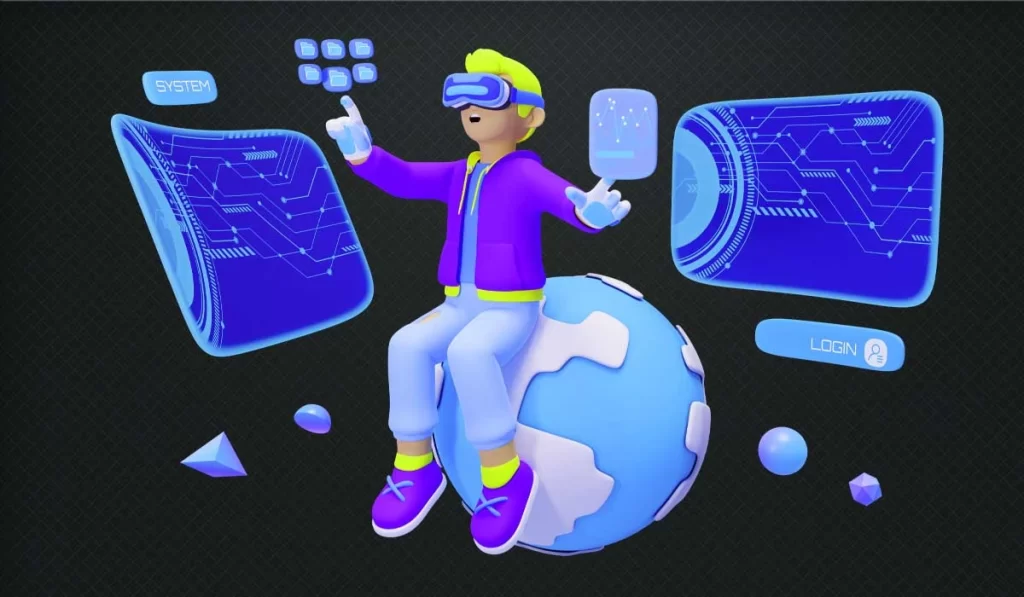
The Metaverse comprises several essential components that create a seamless, immersive digital experience. These components include:
Virtual Worlds:
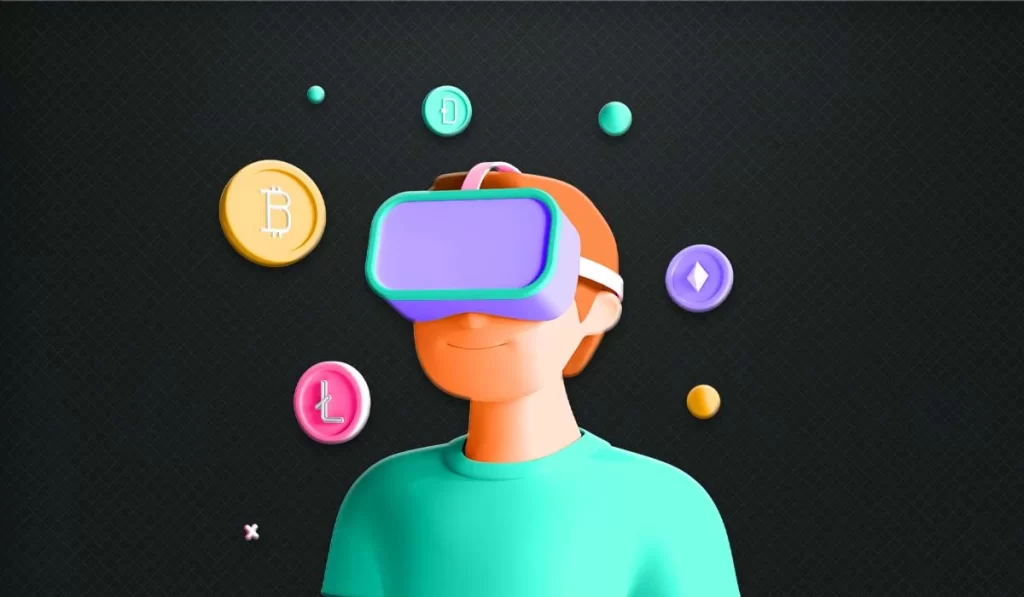
Virtual worlds are the foundation of the Metaverse. They are expansive digital environments where users can interact with each other and the virtual surroundings in real time. These worlds can range from realistic representations of existing cities to fantastical realms limited only by imagination.
Virtual Reality (VR):
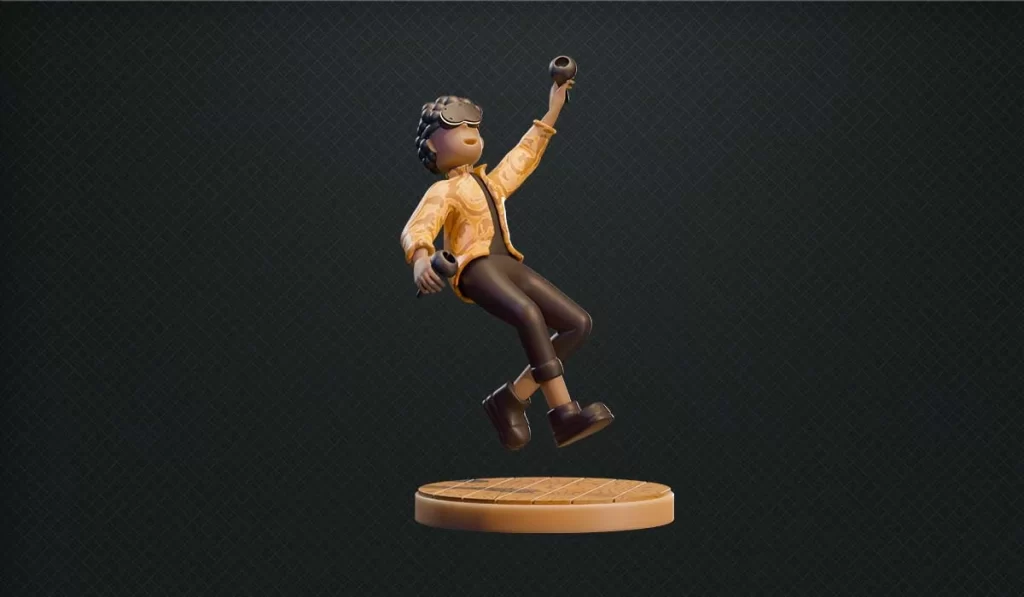
Virtual reality provides a fully immersive experience, transporting users to entirely digital environments through VR headsets. In these environments, users can navigate, interact, and engage with the virtual world as if physically present.
Blockchain Technology:
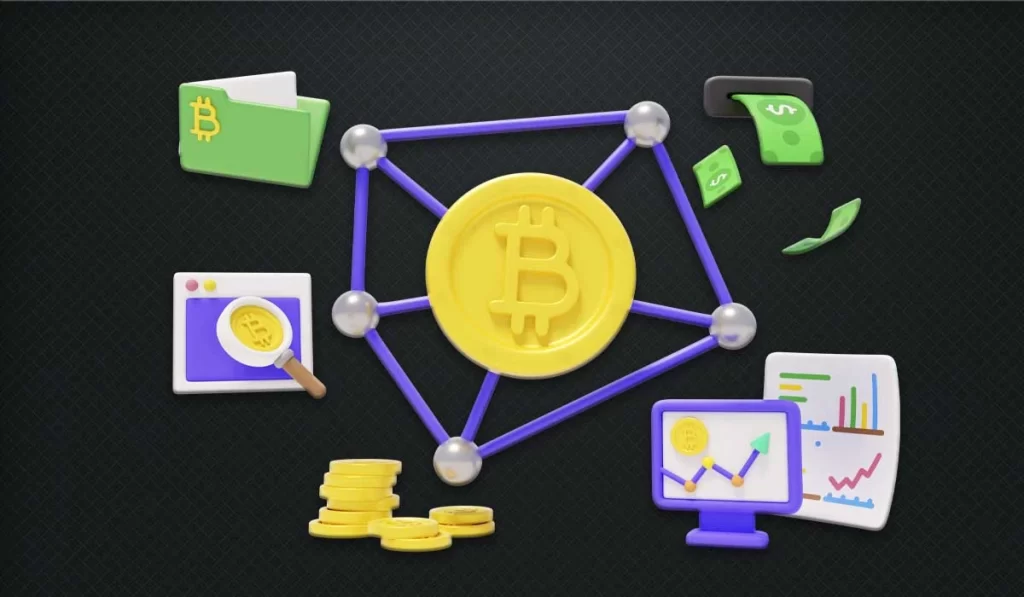
Blockchain plays a vital role in the Metaverse by enabling secure, transparent, and decentralized transactions. It allows creating and owning unique digital assets (NFTs) and facilitates a virtual economy where users can trade digital goods.
User Avatars:

Avatars are the digital representations of users within the Metaverse. Users can personalize their avatars to reflect their personalities, preferences, and identities, making social interactions and self-expression more meaningful.
Content Creation Tools:
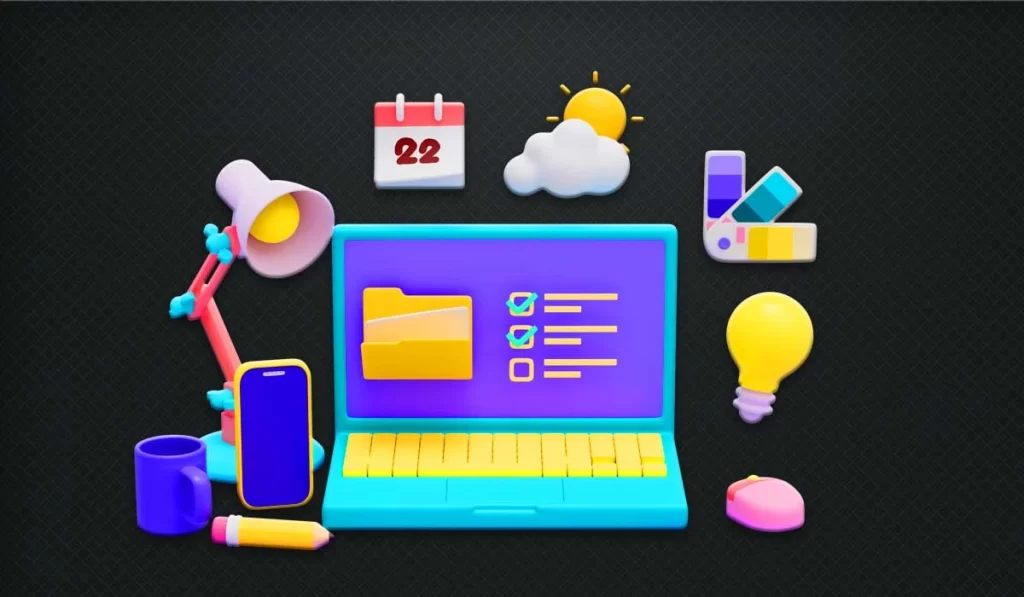
The Metaverse empowers users to become content creators. Various tools and platforms allow users to design, build, and share their virtual creations, contributing to the ever-evolving landscape of the Metaverse.
Applications and Industries in the Metaverse
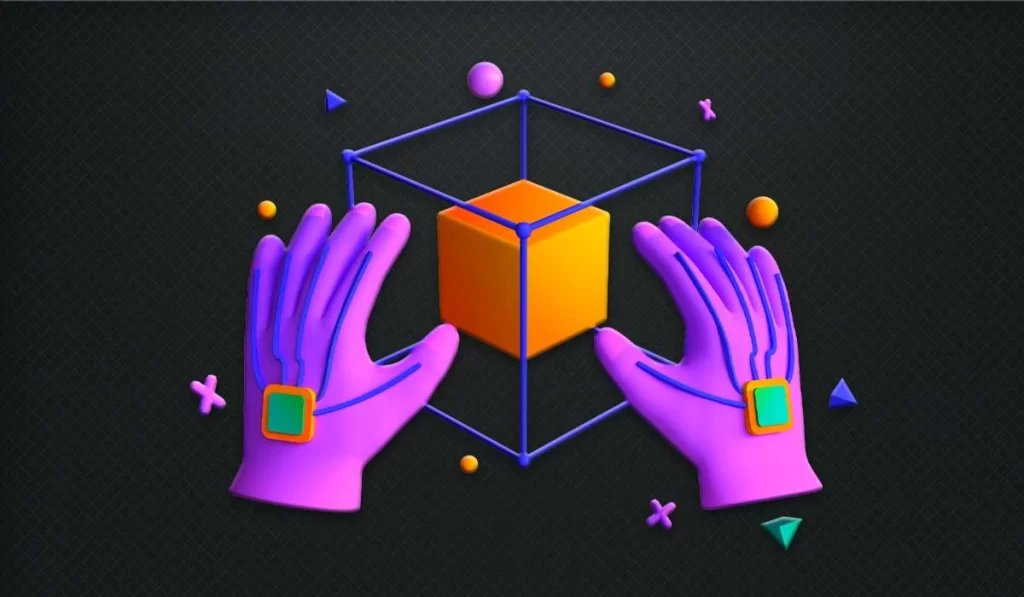
Let’s examine how the Metaverse revolutionizes gaming, entertainment, social media, education, remote work, and healthcare. From attending virtual concerts to collaborating with colleagues in a virtual office, the Metaverse redefines how we interact with digital content and each other.
Gaming:
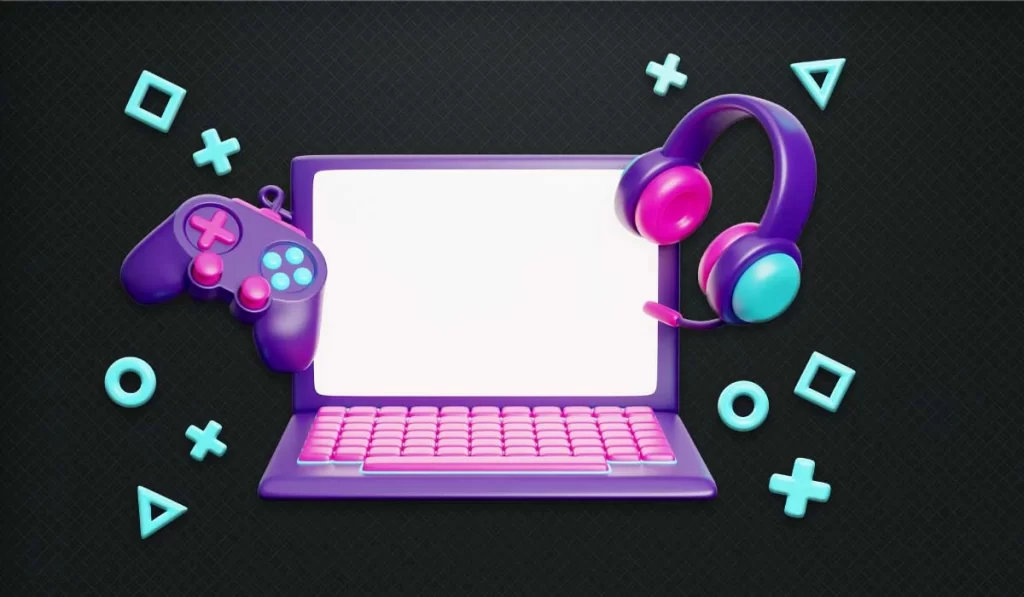
The gaming industry has been one of the earliest and most significant adopters of the Metaverse concept. In the Metaverse, gaming experiences go beyond traditional video games. Players can immerse themselves in vast, interconnected virtual worlds to explore, compete, and socialize with other gamers.
Entertainment:
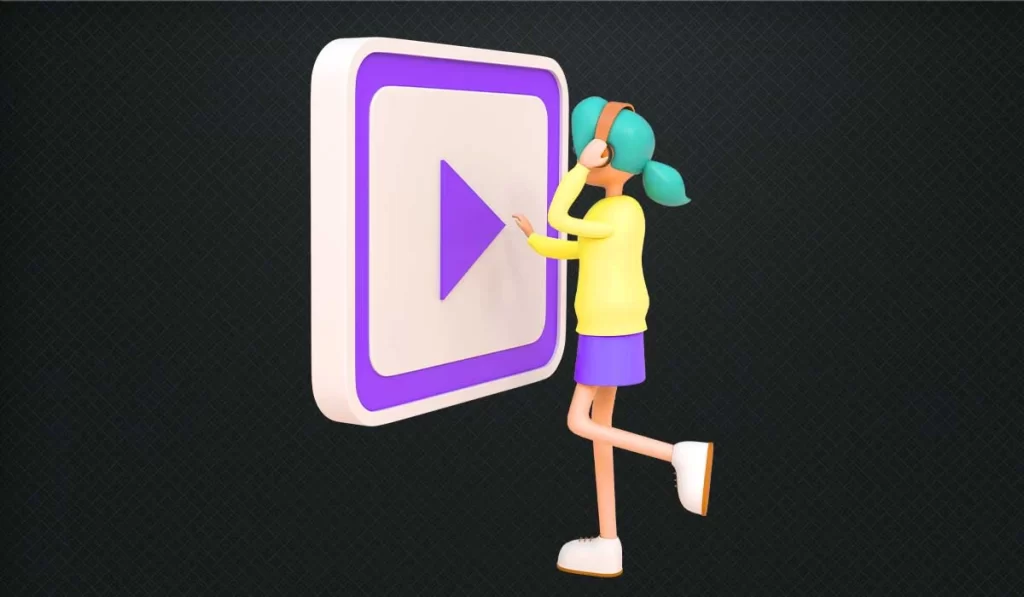
The Metaverse is transforming entertainment by offering unique and interactive experiences. Users can attend virtual concerts, theater performances, and art exhibitions from the comfort of their homes. Musicians, artists, and performers can reach global audiences and monetize digital events.
Social Media:
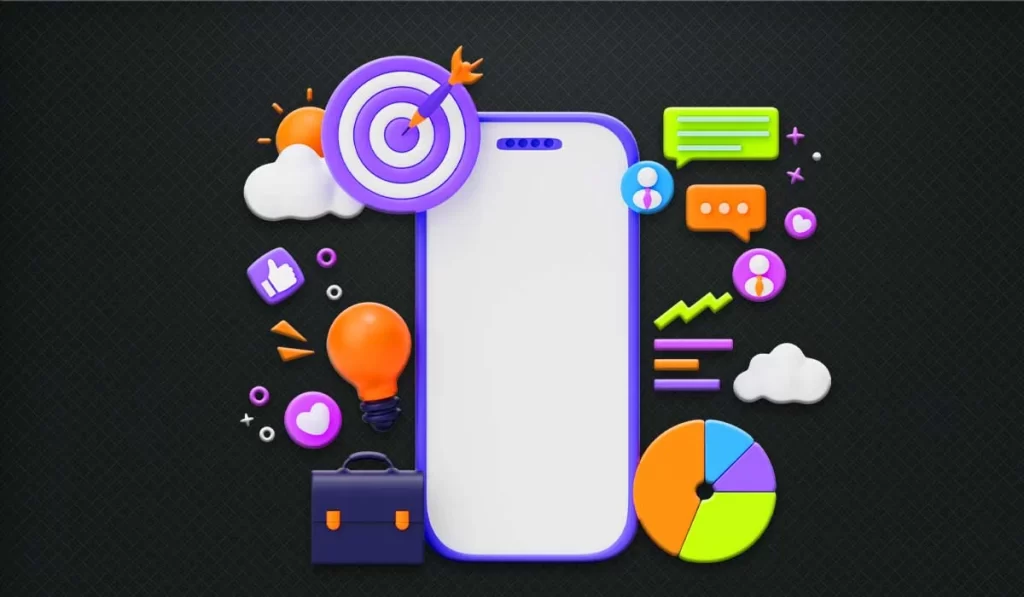
Social media platforms are evolving in the Metaverse, providing users with more immersive and meaningful interactions. Users can meet friends, attend events, and participate in virtual gatherings through avatars.
Education:

The Metaverse revolutionizes education by creating interactive and dynamic learning environments. Virtual classrooms with VR headsets enable students to explore historical sites, visit outer space, or conduct virtual experiments.
Remote Work:

With the rise of remote work, the Metaverse offers a compelling alternative to traditional office spaces. Virtual offices allow colleagues worldwide to collaborate, brainstorm ideas, and hold meetings as if they were physically present. This increases productivity and reduces the need for extensive business travel.
Healthcare: In the healthcare sector, the Metaverse is making strides in medical training, patient care, and mental health support. Medical professionals can practice complex procedures in realistic virtual simulations, improving their skills and confidence.
Challenges and Considerations
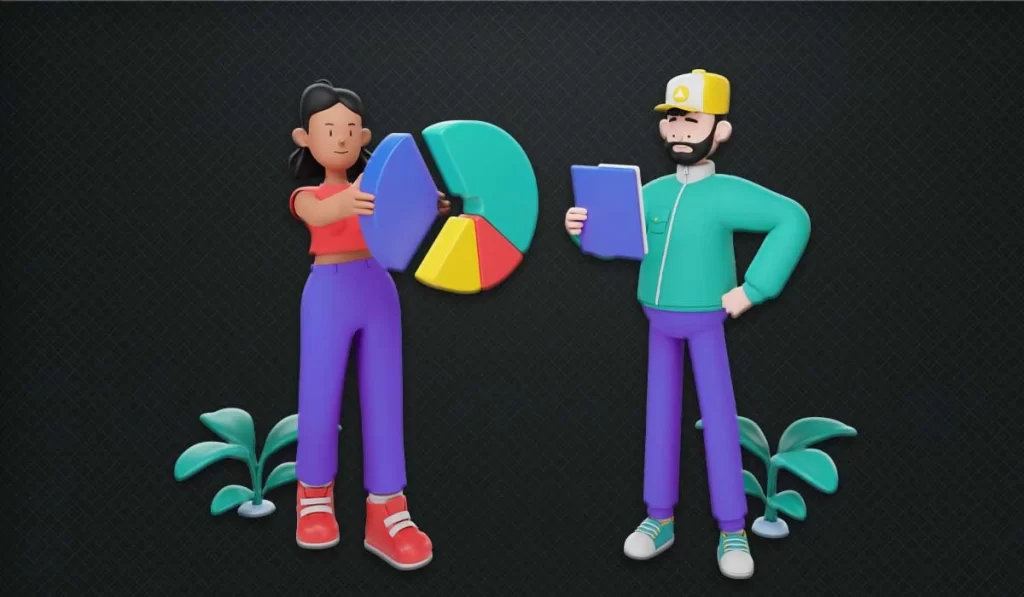
As the Metaverse continues to evolve, it has its challenges and considerations. Privacy and security concerns arise as users immerse themselves in interconnected virtual spaces, raising questions about data protection and identity integrity. Interoperability and standardization issues challenge seamless movement between different platforms, potentially fragmenting the Metaverse and hindering user experiences. Moreover, the ethical implications of virtual experiences and their impact on mental health and social dynamics require thoughtful examination. As this nascent technology gains momentum, addressing these challenges and ensuring inclusivity, accessibility, and responsible design will be crucial in shaping a Metaverse that enriches lives and fosters a thriving digital society.
Conclusion
The applications of the Metaverse continue to expand as technology advances and more industries recognize its potential. As the lines between the physical and digital worlds blur, the Metaverse presents unprecedented opportunities for innovation, creativity, and connectivity. Embracing this digital frontier, we are on the cusp of a paradigm shift that will redefine how we interact with technology and each other, ushering in a new realm of experiences and boundless possibilities. The Metaverse is not a distant vision; it is a reality taking shape before our eyes, and its impact will be felt across various aspects of our lives, transforming how we live, work, and play.







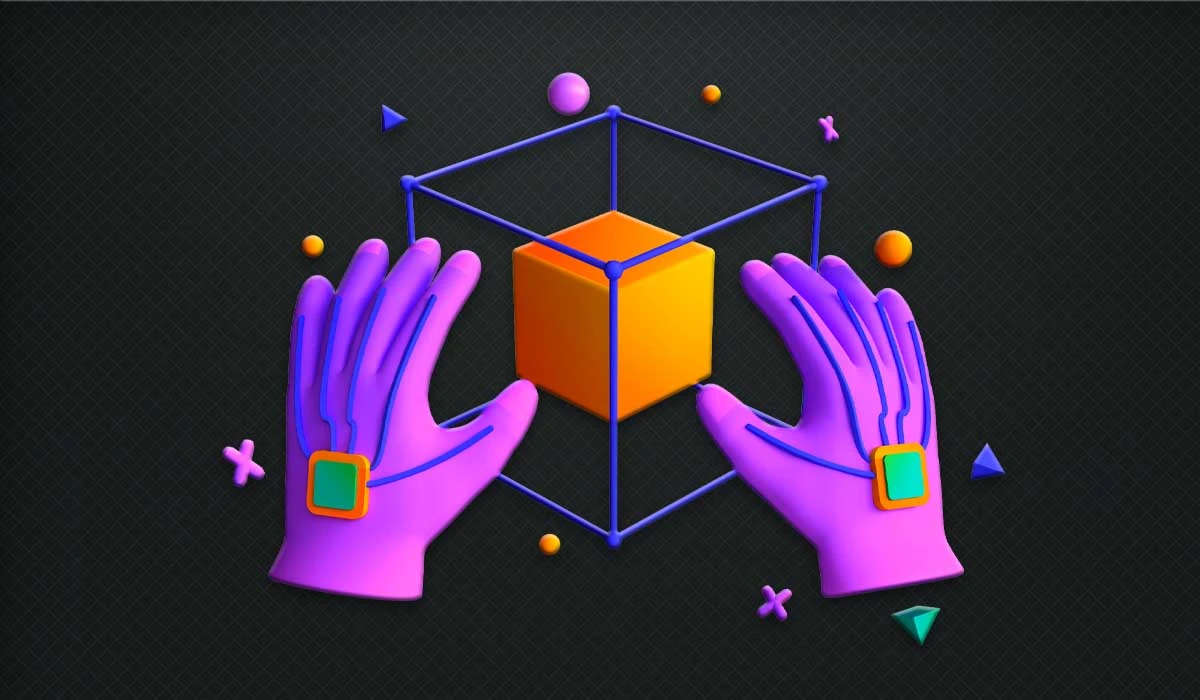

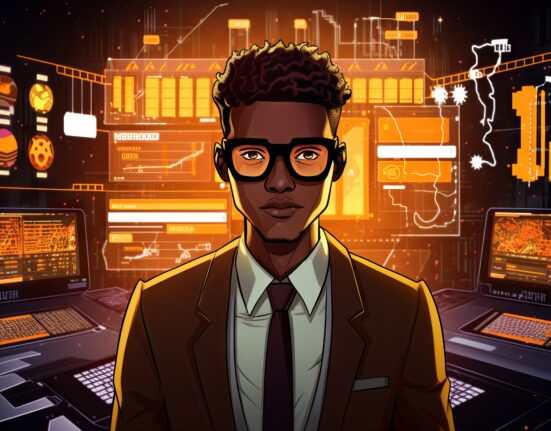
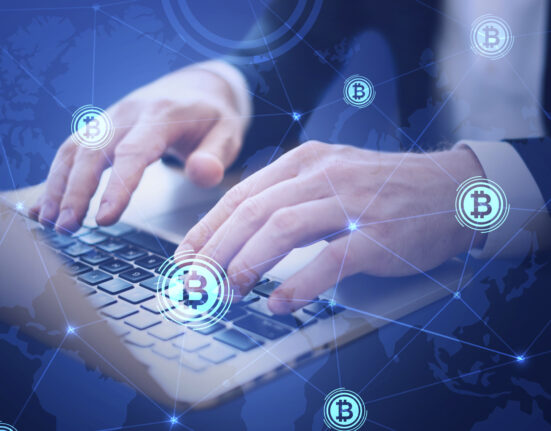
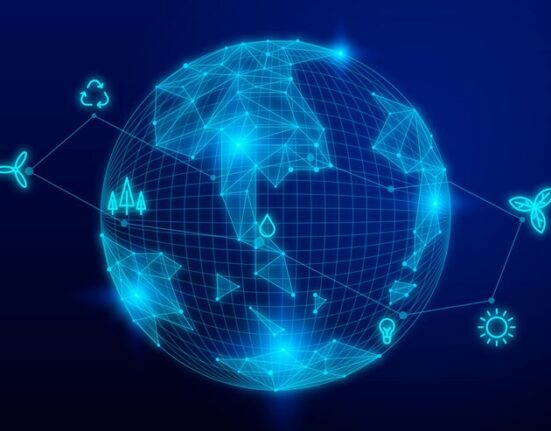

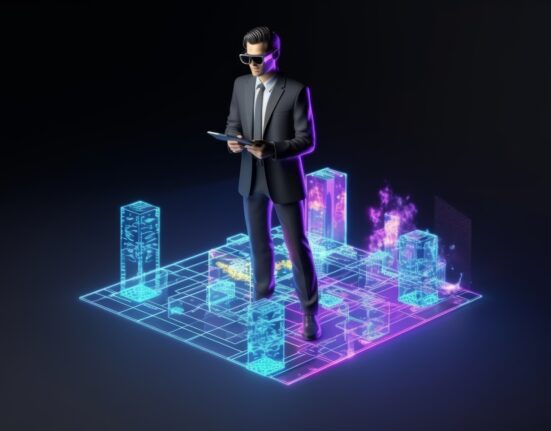
Leave feedback about this